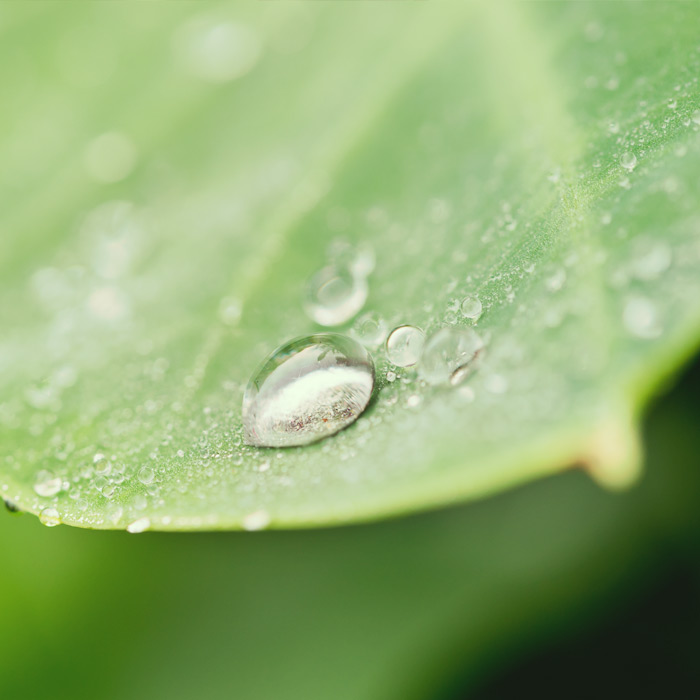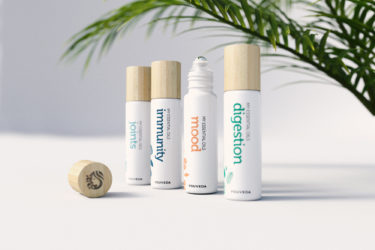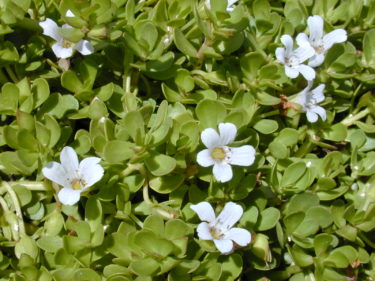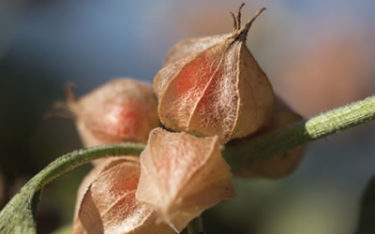What’s the secret to long-term health? Most of us would say regular exercise, eating right, sleeping on time, kicking off bad habits, etc. when asked this question. How many would even pause to think that a simple, no-fuss way to ensuring robust long-term health lies actually in hydration. Here are five ways to stay hydrated during the summer.

Yes, staying hydrated equals staying healthy as dehydration is one of the leading causes of problems ranging from swollen feet to heart disease, heat stroke, headaches, kidney stones to diabetes and much more.
While dehydration is not just a summer phenomenon, the soaring temperatures in summer months make it crucial for one to focus on hydration, irrespective of whether you are playing, traveling or simply sitting.
Now if you are thinking staying hydrated is all about gulping down seven or eight glasses of water daily (which is challenging for most), let us tell you that up to 20% of the body’s water requirement can be fulfilled from other sources. Here are five ways to stay hydrated during the summer months:
#1 Know your vegetables and eat them right:
Cucumbers and lettuce top the list of water-filled vegetables with 96% content of the wonder nutrient. Close competition comes from radish and celery – both at 95% water content, while bell peppers and spinach have 92% water. While buying and cooking these vegetables, it is important to opt for the organic variety to keep chemical pesticides and fertilizers and use the right techniques as overcooking can lead to water loss and consequently less hydration benefit. Steam, saute, shallow fry or eat raw in the form of fresh salads to reap the right results.
#2 Gorge on summer fruits:
Watermelons, muskmelons, peaches, pineapples, oranges, strawberries, cantaloupes, black plum – all have over 85% water and make for great tasty eats to stay hydrated in summer. What’s more – fresh fruits are also rich in antioxidants and help prevent oxidative cell damage that causes ageing of skin. However, some of these fruits are sugar-laden too – exercise moderation and consume portions only after consulting a calorie chart.
#3 Stay away from the excess of diuretics:
Alcohol, aerated drinks, caffeine, and certain medications containing thiazides – a compound used to treat high blood pressure, act as diuretics on the body i.e. they increase the amount of water and fluids expelled out of the body. In fact, the combination of sun and alcohol makes for a dangerous cocktail as it can accelerate dehydration leading to summer headaches, heat stroke, and acidity.
One way to make up for the loss would be to consume an extra glass of water for every alcoholic/aerated beverage you take. If sipping plain water in between a party sounds boring to you, flavor your water or grab electrolyte-enhanced waters such as SmartWater, Metroelecro, Herbal water or Hint Water.
#4 Sip on herbal iced teas:
Sometimes a fresh cup of tea can be more refreshing than a smoothie or glass of juice and that’s when you need to break away from your usual flavor to try new ones such as chamomile, peppermint or nettle tea. Being rich in cooling substances, these tea varieties can be easily prepared at home and refrigerated for a greater calming and hydrating effect on the body.
#5 Grab mother nature’s sports drink:
Have a hectic summer day coming up with ample time planned outside? No problem, just stock up on fresh coconut water – the ultimate hydrating drink. A comparison between coconut water and artificial sports drinks and flavored waters reveals that coconut water is not only more hydrating but also has higher Potassium, Magnesium, and Phosphorus content – all key electrolytes that help restore the body’s pH levels post strenuous activity. More good news – coconut water is lower in sugar content and higher in fiber, making it the undisputed winner.
Does dark urine mean you are dehydrated?
Not always. While checking the color and frequency of urination is a good way to monitor your hydration levels, urine discoloration can also happen by consuming foods such as blackberries, beetroot, asparagus, etc.
How much water does one need? While the amount can vary from person to person depending on their age, weight, activity level, geographical area, etc., the trick to beating dehydration is to set a timer to induce better drinking habits. When your timer goes off, get up and refill on any one hydrating item – if nothing else, even a cup of water would do.
For some people, dehydration can strike even they seem to be drinking enough water and fluids. Ayurveda, in this case, has the right answers to quench one’s thirst at the root with Ayurvedic cleansing water. Dehydration can creep in slowly if you are don’t keep a vigil – it’s time to get serious about combating the most commonly forgotten, yet one of the most dangerous conditions.




